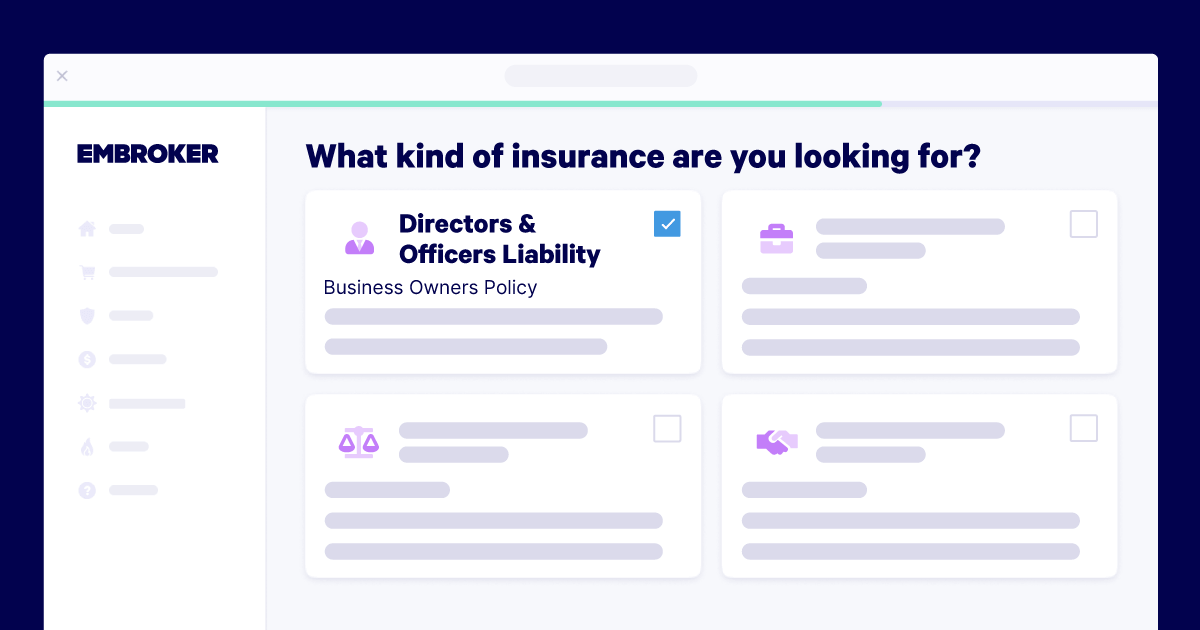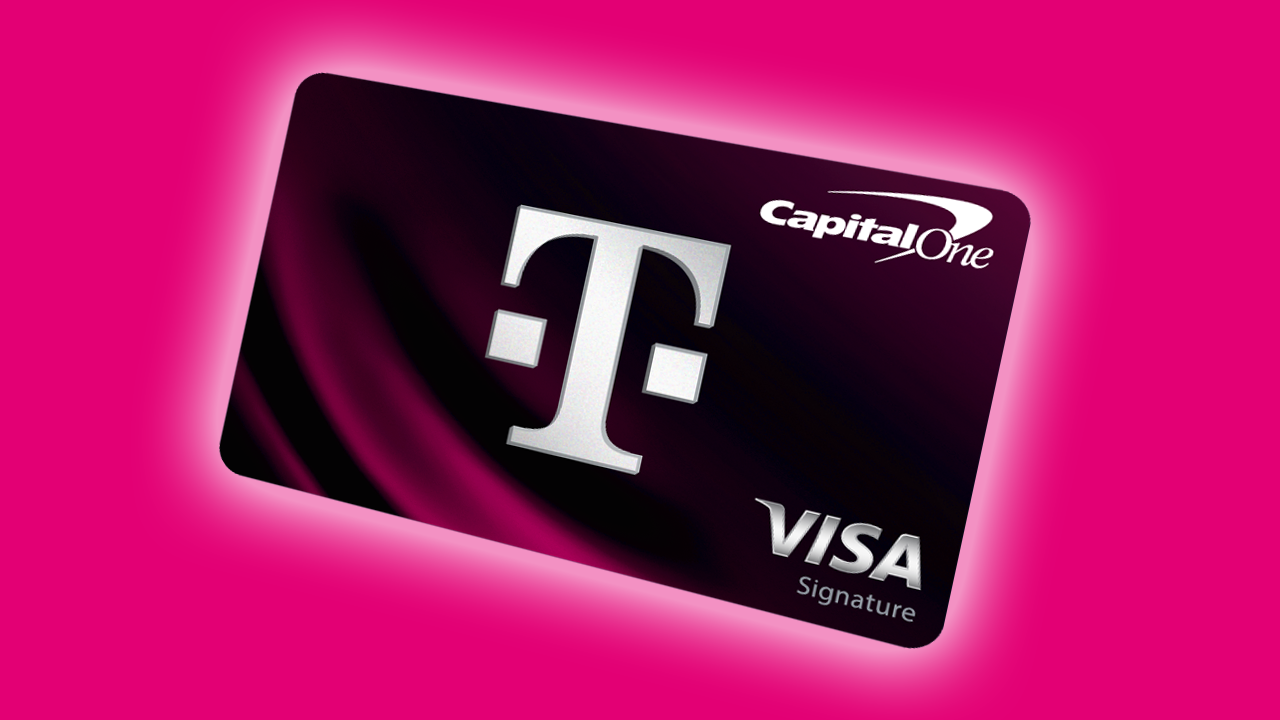There is apparently a “home cost crisis,” and a new fintech company called Mesa is looking to solve that.
It’s no secret that home prices are through the roof, and when coupled with much higher mortgage rates and things like skyrocketing homeowners insurance, it can put homeownership out of reach.
Or at the very least, make it a struggle for the average American to keep up. To ease this burden, the company has rolled out a suite of products to make homeownership a little more affordable.
Perhaps ironically, this new company operates out of Austin, Texas, one of the hardest hit housing markets nationwide.
The popular metro has suffered from a glut of housing supply as many remote tech workers packed their bags and moved back to wherever they came from.
What Is Mesa?
Referred to as the “first homeowner membership platform,” Mesa is actually a group of offerings aimed at making homeownership cheaper and more valuable.
This means putting better mortgage deals in front of prospective home buyers and giving them rewards when they make housing-related purchases.
Their first two products are the Mesa Mortgage Marketplace and the Mesa Homeowners Card.
The marketplace appears to operate similar to the Zillow Mortgage Marketplace. Prospective home buyers and existing homeowners looking to refinance can compare lenders in one place.
And aside from maybe scoring a lower rate and/or reduced closing costs, they can earn a portion of the loan amount back in rewards points.
Those who take out a loan via the Marketplace get 1% back in the form of rewards.
For example, a $500,000 loan amount would result in 500,000 rewards points, which would be worth $5,000.
Those points could then be redeemed for things like closing costs on the loan, or for travel, or even reinvested back into the home via an extra mortgage payment.
It’s important to note that Mesa is not a mortgage lender or a mortgage broker, but rather provides advertising for lenders and brokers via the marketplace and earns a fee.
The Mesa Homeowners Card
Their other main product at launch is the “Mesa Homeowners Card,” which they refer to as the first premium credit card designed specifically for homeowners.
We’ve seen other homeowner-centric credit cards in the past, but this one is apparently premium for one reason or another.
Like other cards before it, cardmembers can get rewarded when they use the card to make monthly mortgage payments.
But it goes a step further by offering bonus points on things like HOA fees, utilities, home repairs, and other home-related services like insurance.
Per TechCrunch, you’ll earn 1X when using the card to make mortgage payments, 2X on gas and groceries, and 3X in the home services category.
These points will be eligible for gift card redemptions, mortgage payment redemptions, or transfers to airline & hotel partners.
My understanding is you’ll be able to use the Mesa Homeowners Card to make your mortgage payments, despite credit card issuers commonly not allowing this.
Mesa has partnered with Visa on the deal and has a team that formerly worked at companies like American Express, Capital One, and Bilt, the latter of which wanted to reward customers for paying the mortgage with a credit card.
Bilt currently lets cardholders pay their rent and earn cash back without being subject to a transaction fee.
They had planned to do the same for mortgage payments, but it never came to fruition. Will Mesa succeed where others failed? It remains to be seen, but it has always been a challenge.
Ultimately, mortgage lenders don’t love the idea of homeowners paying the mortgage with a credit card, and for good reason.
So it’s possible Mesa will cut a check or send an ACH if you use their credit card to pay your loan servicer, to ensure payment is accepted.
The Mesa Homeowners Network
Lastly, Mesa has partnered with “brands you love” to provide exclusive discounts and offers.
This might include discounts for memberships at Costco and at other businesses that offer homeowner-centric services.
In addition, the company plans to expand their membership rewards to HELOC originations, home warranty plans, insurance, and other financial products for homeowners. And an app is coming soon as well.
The goal is to make homeownership both more affordable and rewarding by offering discounts and cash back on all related expenses.
Knowing today’s cost pressures go beyond the principal and interest on the mortgage, this could provide some relief to households who are stretched.
For me, the question mark remains whether they’ll be able to let users pay the mortgage with the credit card.
If they’re able to pull that off, it might be worthwhile. If not, you could argue that credit card points earned with other issuers could hypothetically be cashed out and applied toward the mortgage the same way.
For example, I can currently cash out by Chase Ultimate Rewards at a penny apiece and apply extra payments toward my mortgage. But I can’t use my Chase card to pay the mortgage.
So they’ll need something to truly differentiate and add value versus existing options. I’d probably consider it if they let me pay the mortgage each month.
Aside from earning 1% back each month, I’d get a grace period to float the mortgage payment before the payment was due.
The product is currently waitlisted and you can sign up via their website if interested.
Publisher: Source link












